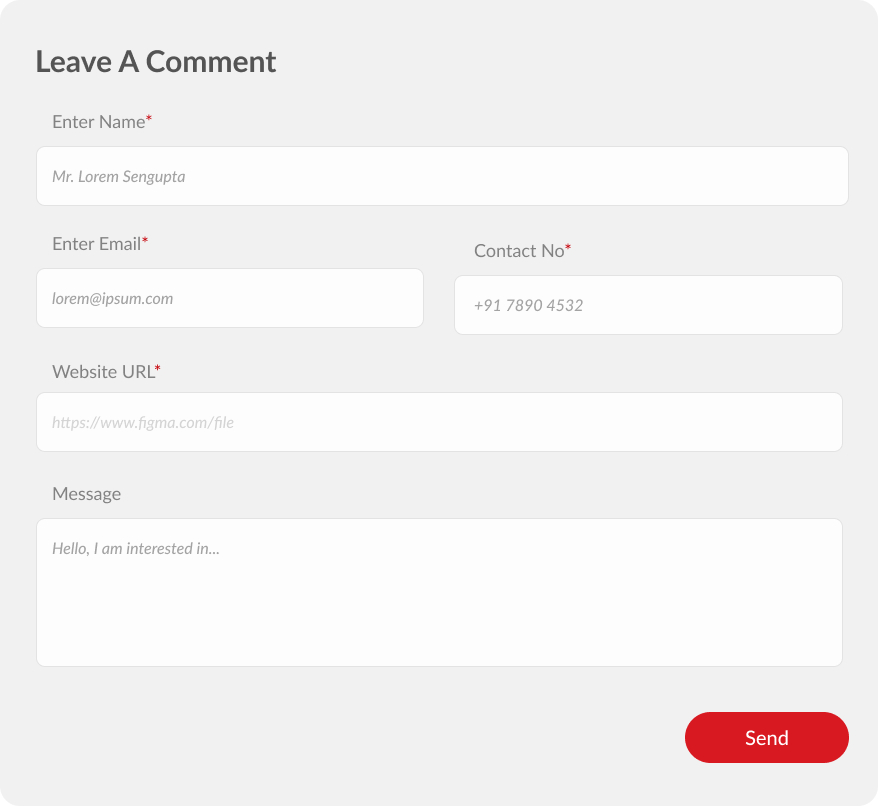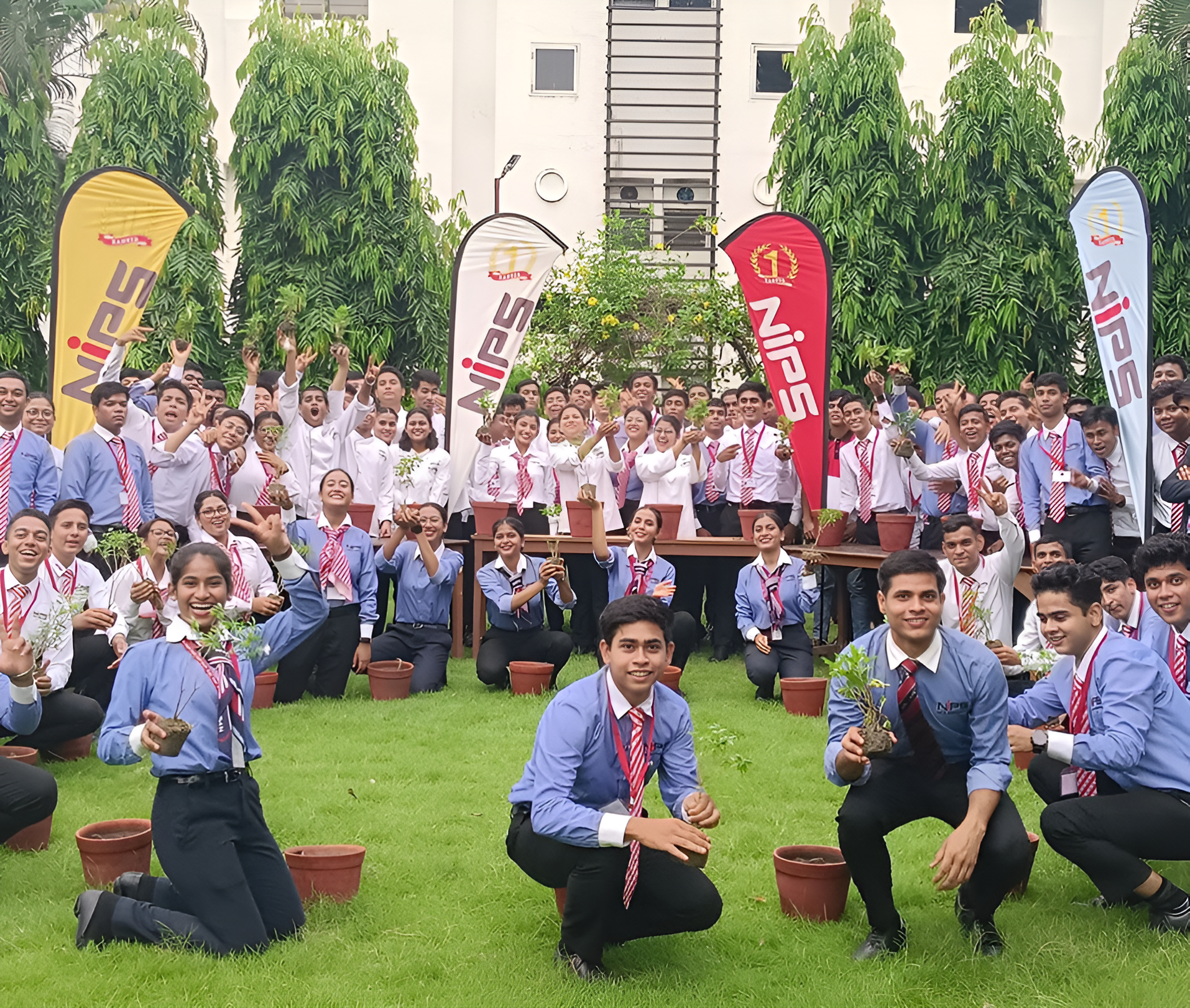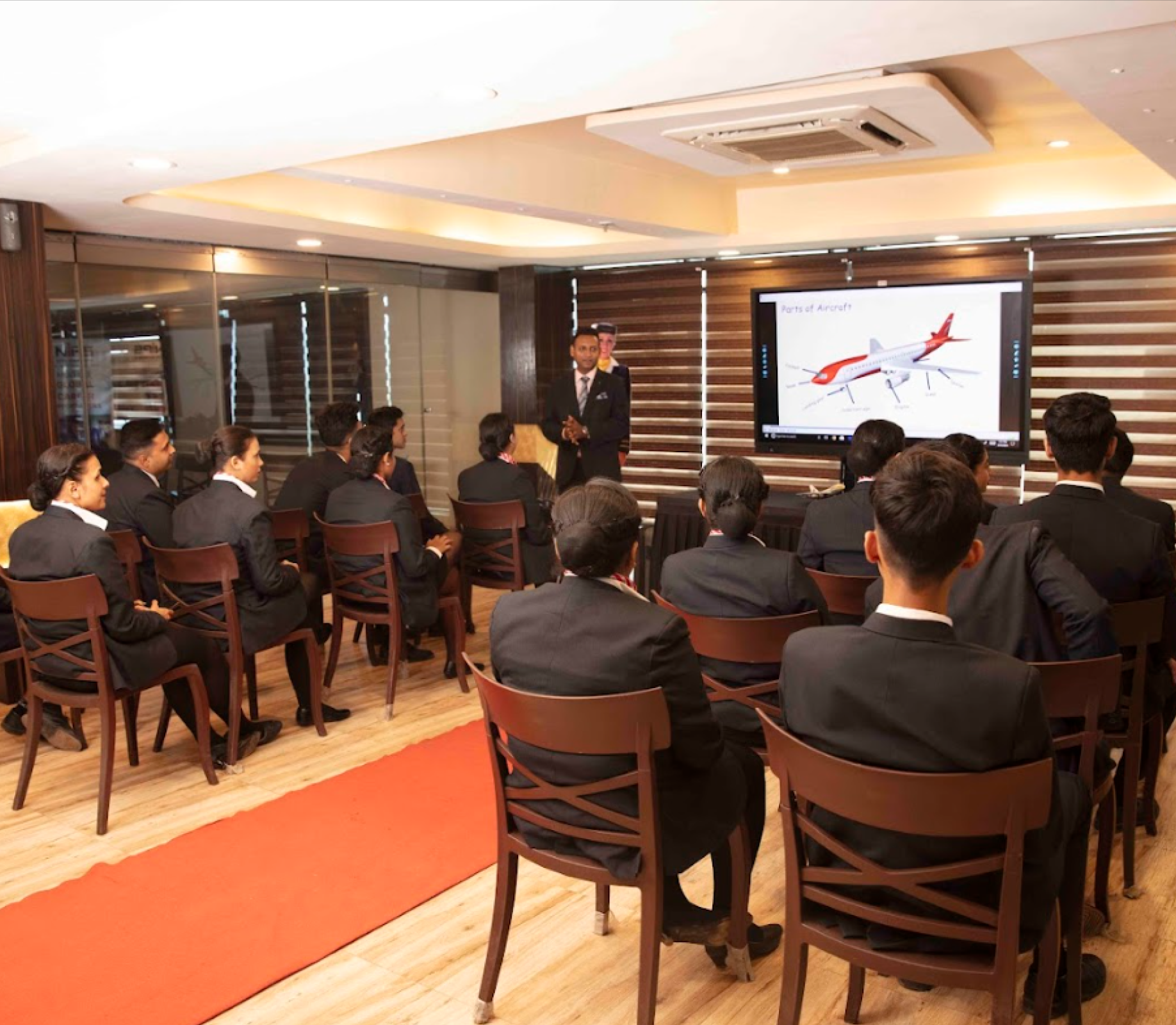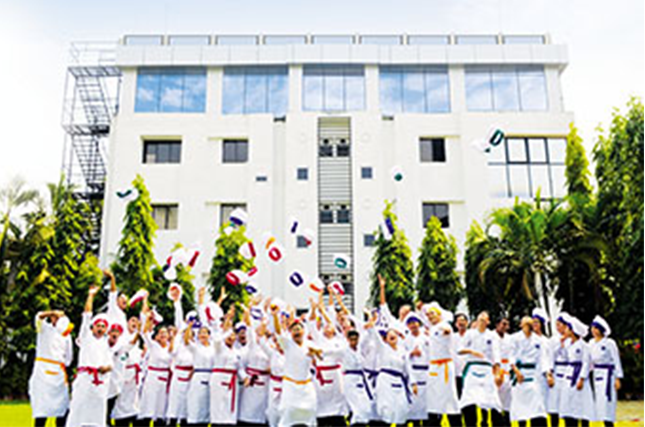
-
By:admin
-
Hotel Management
-

( 0 )
AI in Hotel Management: A Handbook
Picture this: You walk into a hotel lobby, and a robot greets you by name. It knows your room preferences, dietary restrictions, and even your favorite type of pillow.
Sound like science fiction? Think again.
This is the world of AI in hotel management, and it’s happening right now.
As an aspiring hotelier, you’re entering an industry on the brink of a technological leap.
Let’s look at how artificial intelligence is reshaping the hospitality industry and what it means for your future career.
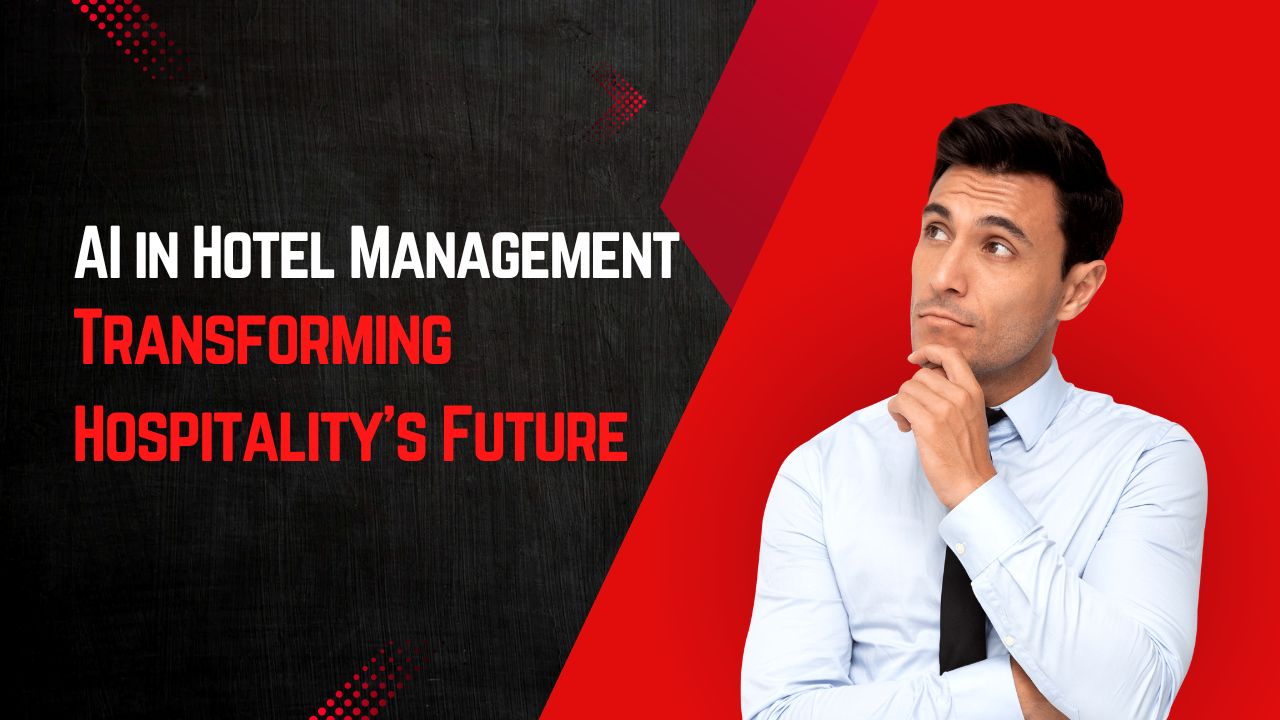
Chatbots and Virtual Assistants
AI-powered chatbots and virtual assistants are streamlining guest communication. These digital helpers manage everything from reservations to room service requests, freeing human staff for higher-level tasks.
Imagine a visitor inquiring about local attractions at 3 AM. Rather than waking personnel, a chatbot instantly provides tailored recommendations.
This 24/7 automated service increases guest satisfaction and operational efficiency.
Personalized Guest Experiences
AI algorithms analyze visitor data to create tailored stays. By tracking preferences, purchase history, and online behavior, the technology can predict desired amenities for each individual.
If a recurring guest habitually orders a gin and tonic at check-in, for instance, the system could automatically prompt staff to prepare one upon arrival.
This degree of personalization converts first-timers into loyalists.
Revenue Management and Dynamic Pricing
AI is redefining revenue optimization by processing volumes of data to determine optimal room rates — factoring in demand, competitor pricing, weather, and more.
It adjusts prices in real-time to maximize occupancy and returns.
As an event manager, these AI insights will inform your strategic pricing decisions.
Energy Management
Smart AI building systems reduce hotel energy costs and environmental impact.
Intelligent thermostats learn occupant preferences, automatically adjusting temperatures when rooms are unrented to conserve power.
This cuts costs and appeals to eco-conscious patrons.
Predictive Maintenance
AI helps prevent equipment failures through data analysis before they occur. The technology can determine when maintenance is due by processing sensor information from hotel systems.
This proactive approach minimizes downtime, prolongs equipment lifespan, and enables smooth guest experiences — no more unexpected breakdowns disrupting stays!
Staff Management and Training
AI tools assist in effective staff scheduling and performance tracking. The technology can forecast busy periods to optimize personnel levels.
Some hotels even leverage AI-powered virtual reality for immersive training, simulating real-world scenarios for employees to practice.
Such innovations help build skilled, efficient teams.
Security and Fraud Detection
AI enhances hotel security through surveillance footage monitoring and unusual activity detection.
It also helps prevent fraud by analyzing reservation data to flag suspicious patterns.
As an event manager, you’ll appreciate this extra layer of safeguarding for your property and visitors.
Final Thoughts
The AI transformation in hospitality is already underway. As you start your career, understanding and integrating these technologies is critical for success.
At NIPS Hotel Management Institute, we lead the way in this shifting market. Our curriculum incorporates the latest tech concepts, ensuring you’re prepared for the industry’s tech-powered future.
We take a hands-on educational approach — providing practical experience with real-world AI solutions used by elite hotels globally.
Remember, AI enhances the human touch in hospitality through automation. By handling routine tasks, AI empowers you to focus on creating unforgettable guest experiences. Get in touch with us to learn more about our event management courses.
